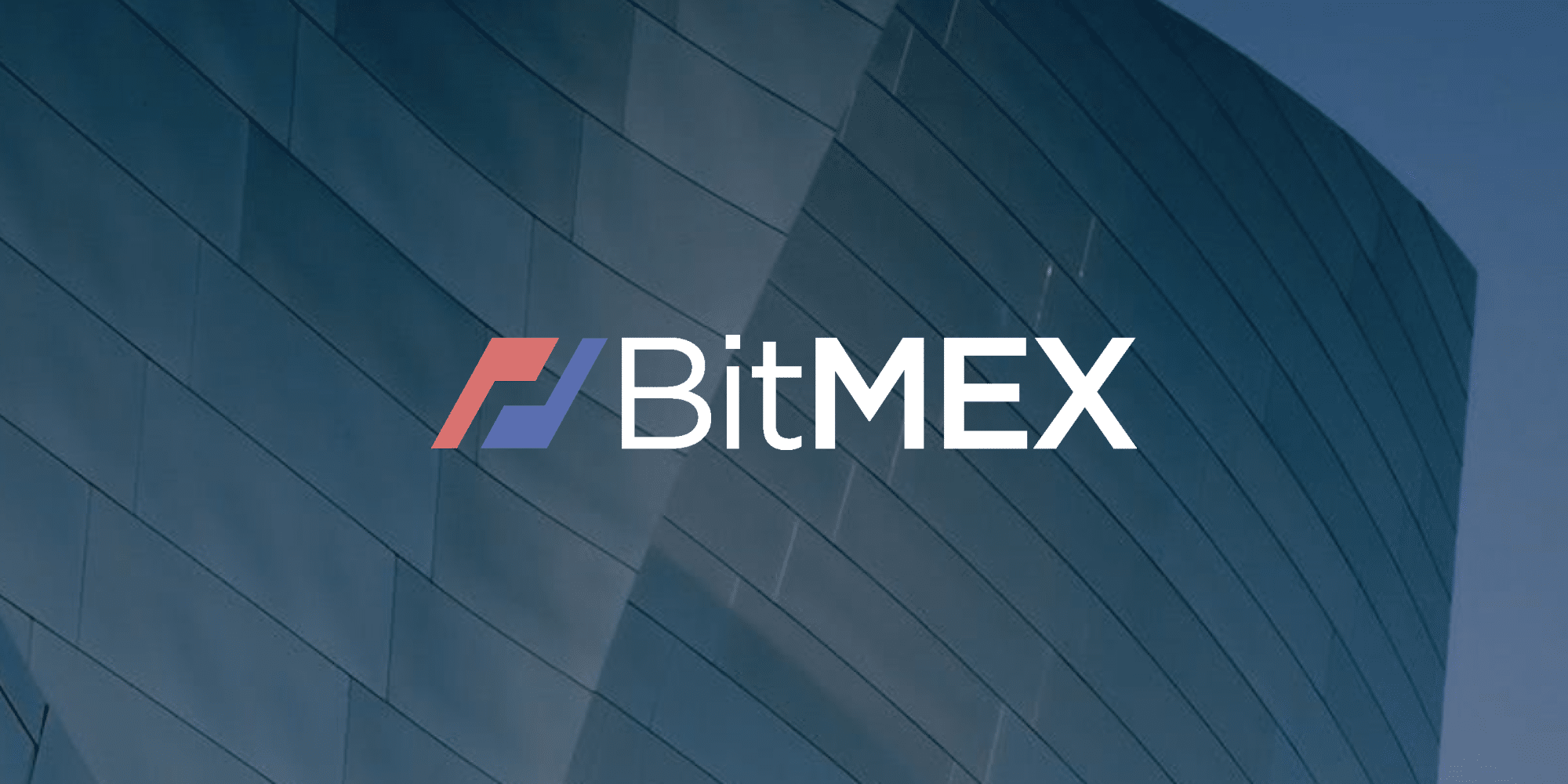
- October 13, 2021
Following China's ban, the United States has overtaken China as the world's largest Bitcoin miner.
After a crackdown in China largely ended the practise in the old home of the business, the United States has become the world's epicentre for Bitcoin mining.
America accounted for 35.4 percent of the worldwide hash rate, a measure of processing power needed to extract the digital currency, at the end of August, according to a Cambridge Centre for Alternative Finance analysis released on Wednesday. This is more than twice the amount of activity seen in April.
China's move to pare down the business in order to control financial risk has fueled the rise in the country's relative stake. The Asian nation was the foundation for the biggest miners in the early days of Bitcoin's 2009 birth, tapping upon cheap electricity from coal and hydro plants.
Beijing's stepped-up measures to rein in the cryptocurrency industry, first revealed in May, are already paying off. According to the Cambridge researchers, China's observed percentage of Bitcoin mining has practically reached zero. This is down from a peak of 75% in September 2019, when Cambridge began collecting data. It's also a significant drop from the 46% figure recorded in April of this year.
There's a good chance that covert mining is still going on in China, but it's being done through virtual private networks that make the computers appear to be in another nation. According to the Cambridge research, recent rises in the hash rate in Ireland and Germany are most likely the result of miners employing VPNs or proxy servers.
Miners are looking for low-cost electricity and receptive governments to help fuel the virtual currency's recent surge to new highs. The coin has risen more than 370 percent in the last year, trading at over $54,650, with a market cap of around $1 trillion.
In August, Kazakhstan's share of the hash rate increased to 18.1%, up from 8.2% in April, while Russia's share increased to 11%, up from 6.8% during the same period.
The researchers at the institute, which is part of the University of Cambridge's Cambridge Judge Business School, collect data on mining operators' IP addresses from mining pools such as BTC.com, Poolin, ViaBTC, and Foundry.



















